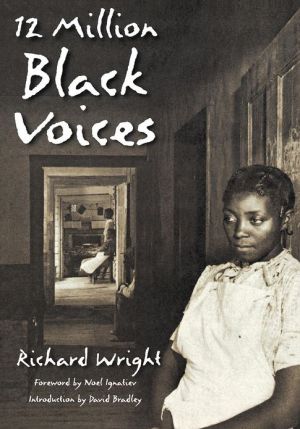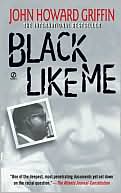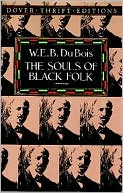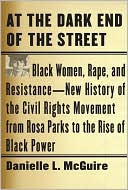12 Million Black Voices
12 Million Black Voices, first published in 1941, combines Wright's prose with startling photographs selected by Edwin Rosskam from the Security Farm Administration files compiled during the Great Depression. The photographs include works by such giants as Walker Evans, Dorothea Lange, and Arthur Rothstein. From crowded, rundown farm shacks to Harlem storefront churches, the photos depict the lives of black people in 1930s America - their misery and weariness under rural poverty, their...
Search in google:
12 Million Black Voices, first published in 1941, combines Wright’s prose with startling photographs selected by Edwin Rosskam from the Security Farm Administration files compiled during the Great Depression. The photographs include works by such giants as Walker Evans, Dorothea Lange, and Arthur Rothstein. From crowded, rundown farm shacks to Harlem storefront churches, the photos depict the lives of black people in 1930s America—their misery and weariness under rural poverty, their spiritual strength, and their lives in northern ghettos. Wright’s accompanying text eloquently narrates the story of these 90 pictures and delivers a powerful commentary on the origins and history of black oppression in this country. Also included are new prefaces by Douglas Brinkley, Noel Ignatiev, and Michael Eric Dyson. “Among all the works of Wright, 12 Million Black Voices stands out as a work of poetry, ... passion, ... and of love.”—David Bradley “A more eloquent statement of its kind could hardly have been devised.”—The New York Times Book ReviewPublishers WeeklyThis long-out-of-print photographic documentary was first published in 1941. The excellent black-and-white picturesby such renowned photographers as Dorothea Lange, Walker Evans, Ben Shahn et al. and culled from the Farm Security Administration files compiled during the Depressioncapture the wretchedness of Southern rural shantytown and urban ghetto, but also reveal a people's unstinting, stately determination to survive with mind, body and dignity intact. Wright's (Native Son) text is a denunciation of American bigotry directed at the national conscience. He discusses each phase of black American social evolution: the horrors of the slave trade; the degradation of plantation life; the lynchings and violence after Reconstruction; and the great migration of blacks to Northern cities following World War I. Wright anchors his economic analyses to profiles of individual lives, providing a sense of the obstacles black families faced simply to stay together. (June)
ForewordIntroductionPrefacePt. 1Our Strange Birth9Pt. 2Inheritors of Slavery29Pt. 3Death on the City Pavements91Pt. 4Men in the Making141About the Photographs149
\ Publishers Weekly - Publisher's Weekly\ This long-out-of-print photographic documentary was first published in 1941. The excellent black-and-white picturesby such renowned photographers as Dorothea Lange, Walker Evans, Ben Shahn et al. and culled from the Farm Security Administration files compiled during the Depressioncapture the wretchedness of Southern rural shantytown and urban ghetto, but also reveal a people's unstinting, stately determination to survive with mind, body and dignity intact. Wright's (Native Son) text is a denunciation of American bigotry directed at the national conscience. He discusses each phase of black American social evolution: the horrors of the slave trade; the degradation of plantation life; the lynchings and violence after Reconstruction; and the great migration of blacks to Northern cities following World War I. Wright anchors his economic analyses to profiles of individual lives, providing a sense of the obstacles black families faced simply to stay together. (June)\ \








